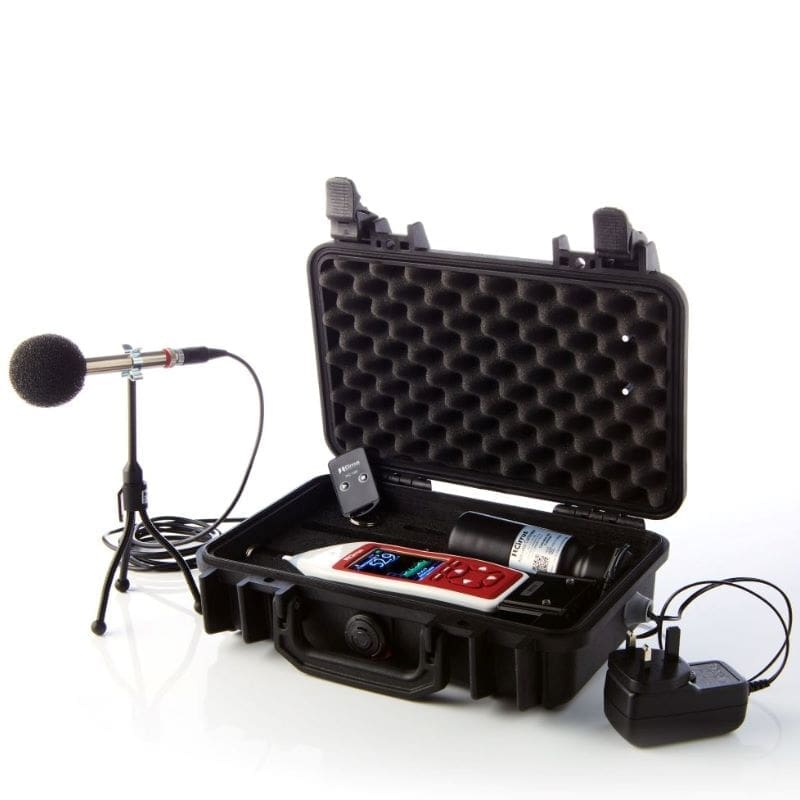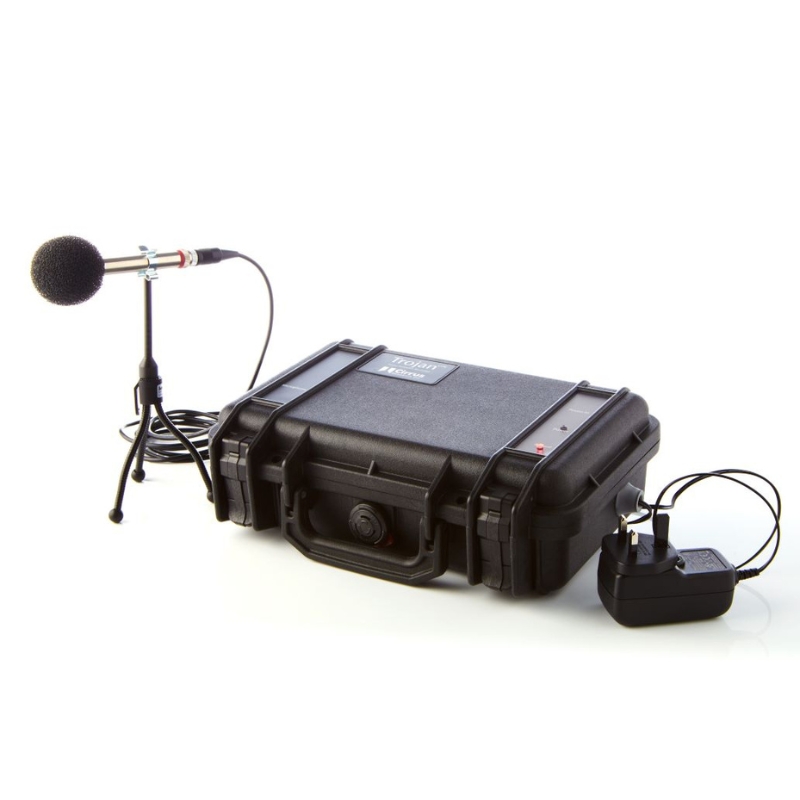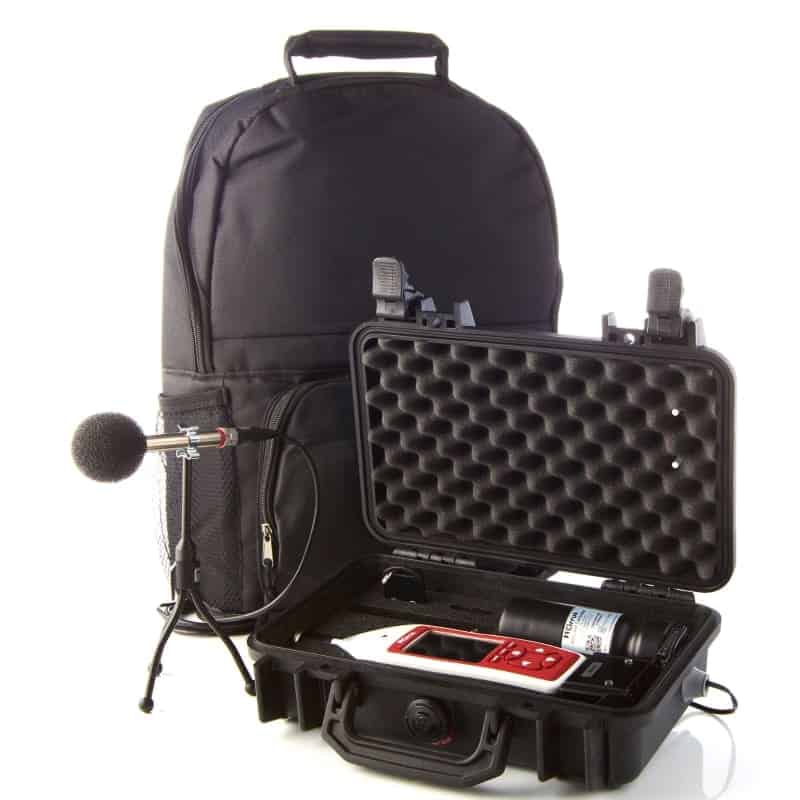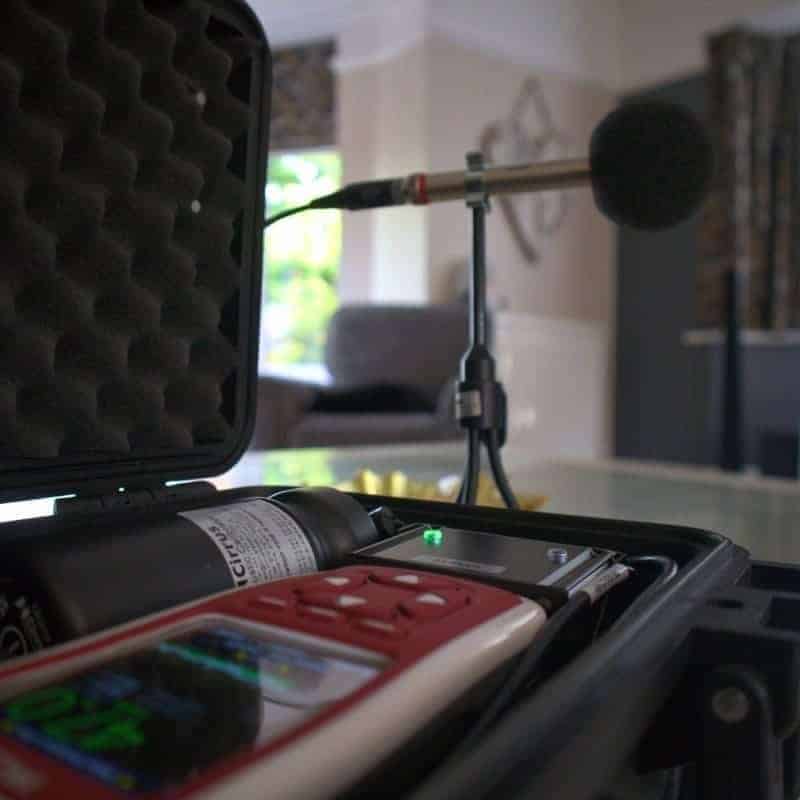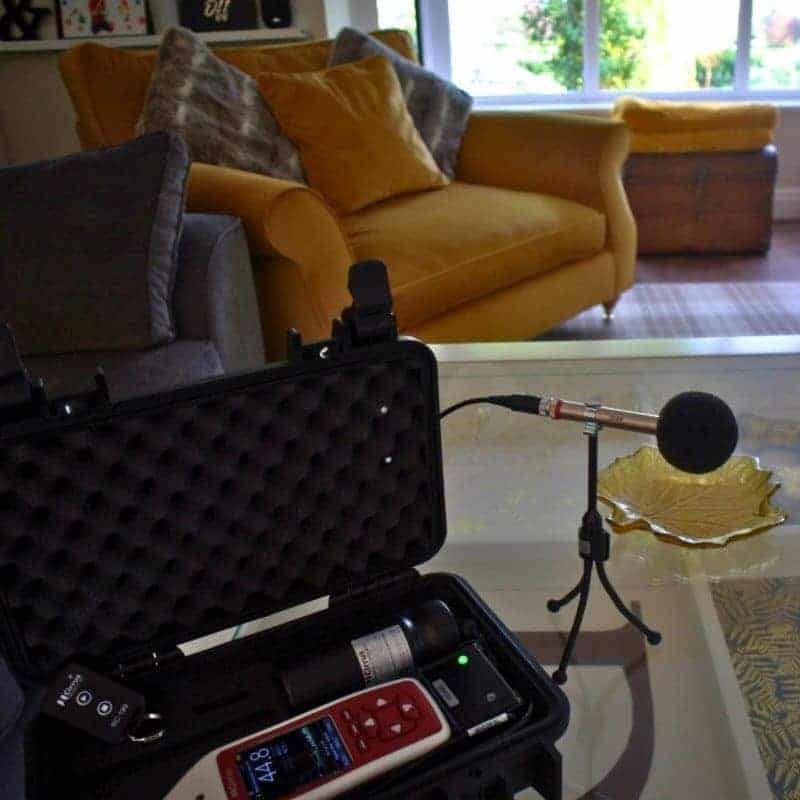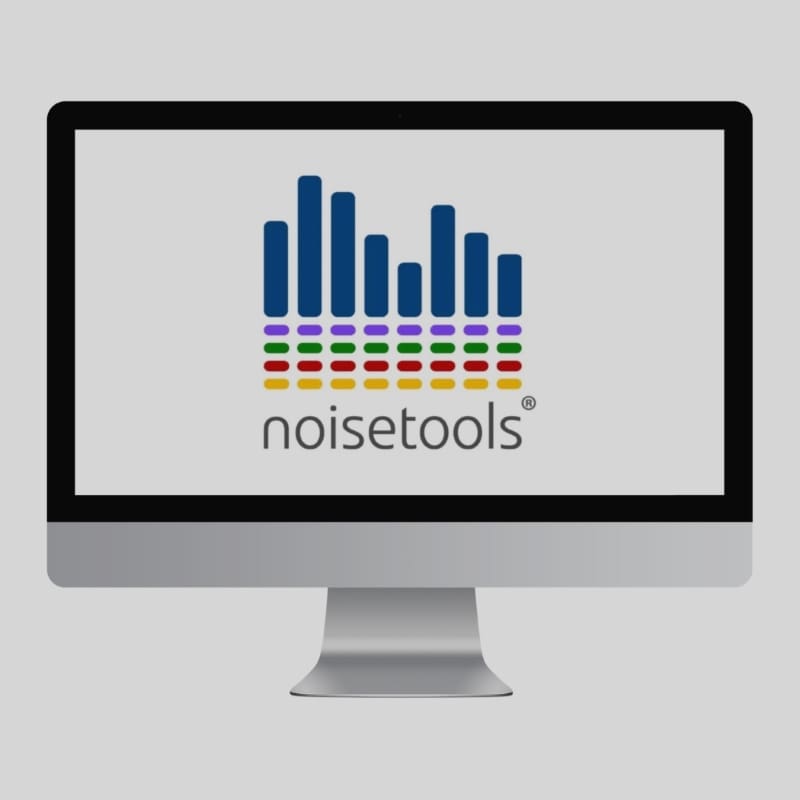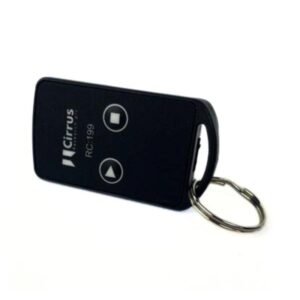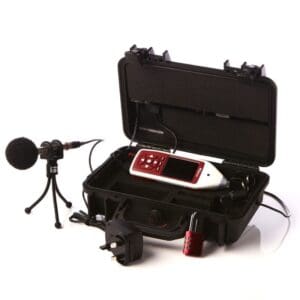TrojanLITE Noise Nuisance Recorder
Noise Nuisance RecordersThe TrojanLITE Noise Nuisance Recorder is a simple and effective solution for measuring and monitoring noise nuisance complaints.
Designed in conjunction with Local Councils, Environmental Health Officers and Housing Associations, the TrojanLITE Noise Nuisance Recorder allows you to measure, monitor and record noise nuisance quickly, easily and effectively.
- Specifically designed in conjunction with local authorities to measure noise nuisance
- Fixed Class 1 sound level meter IEC 61672:2013
- Standard Audio Quality 16bit/16kHz
- Easy to use resident controls with one button wireless remote
- Free NoiseAid app and Noise Tools analysis software
- AuditStore – Measurement verification storage
Please note: we do not sell this product to private individuals. If you are an individual who is experiencing nuisance noise, you should contact your local authority or housing association.
The TrojanLITE Noise Nuisance Recorder
The Simple and Effective Noise Nuisance Recorder
Designed to meet the needs of Local Authorities and Housing Associations, the TrojanLITE Noise Nuisance Recorder is both simple to use and easy to deploy.
After consultation with existing customers and users of noise nuisance recorders, we’ve included a range of standard features to help ensure you get the best from the equipment.
When we were designing the TrojanLITE noise nuisance recorder, we spoke to both existing and potential users to find out what was really important and which features they thought were essential. The TrojanLITE noise nuisance recorder has been designed using these comments and feedback in mind.
Noise Nuisance Measurement
Watch the Trojan product video to find out more about how our noise nuisance recorder can help you.
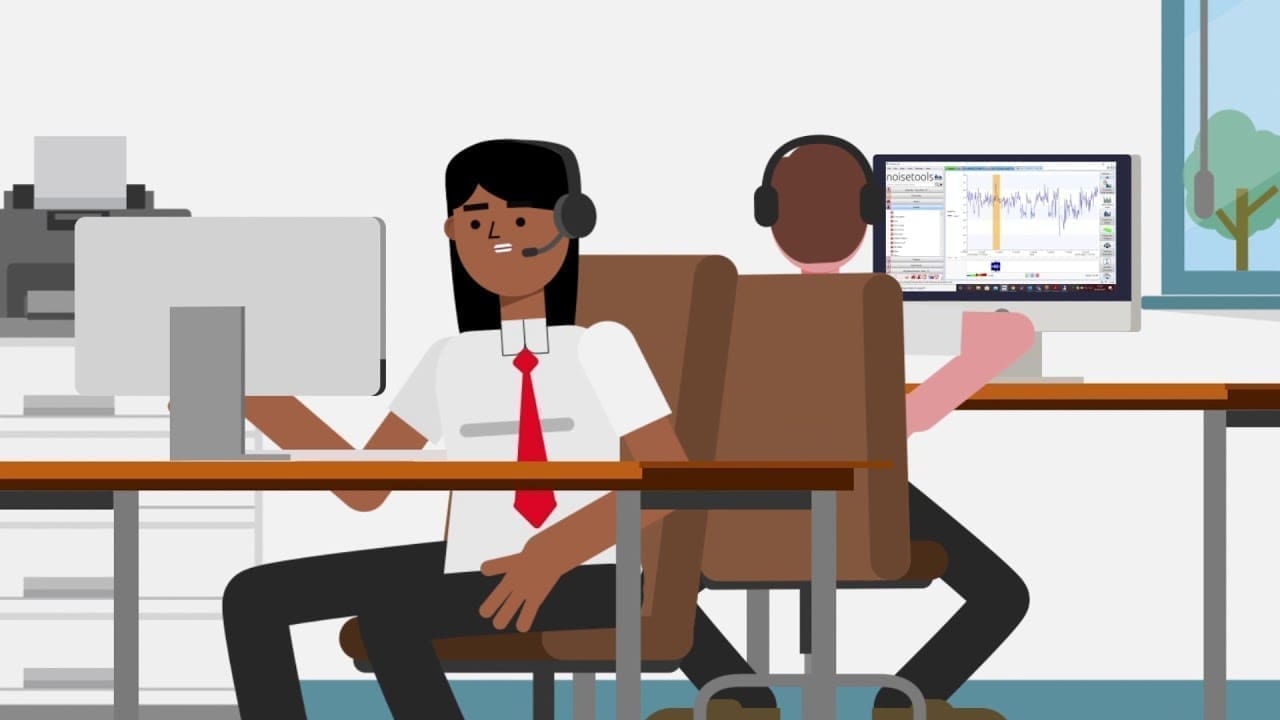
NoiseAid Noise Nuisance Event Logging App
With increasing pressure on resources, using your noise nuisance measurement equipment effectively is an ever-present need. The NoiseAid App provides a simple way for residents to log noise nuisance issues so you can prioritise the use of your Trojan noise measurement equipment.
NoiseAid is a web-based application that gives you and your users a quick, simple way to gather information about the noise sources that they are concerned about. Users can instantly log noise disturbances via any smartphone, tablet, laptop or desktop computer using the simple interface, adding notes when the noise has ended.
Details of the noise sources logged by users are stored directly in a secure website portal, ready for you to review, analyse and assess.
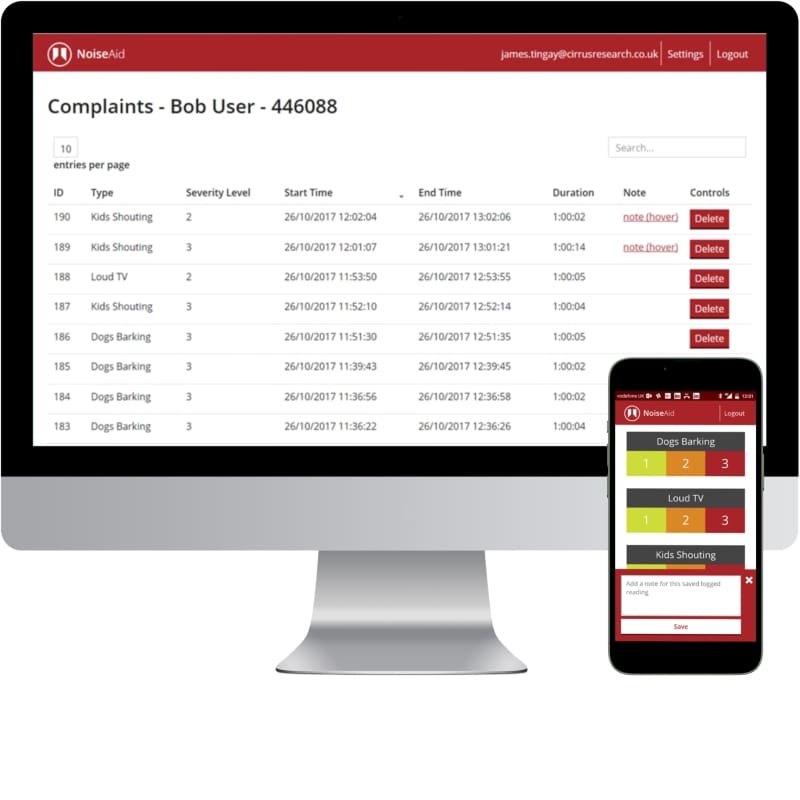
What Makes the Trojan Different?
With the TrojanLITE Noise Nuisance Recorder, we’ve created a system that provides users with the capability to record the noise affecting them and that gives you accurate, objective noise data and recordings.
When you are deploying a noise nuisance recorder, it’s vital to know that you’ll get good quality recordings and noise measurement data. With the TrojanLITE, there’s no need for step-by-step instructions.
Just plug in your noise nuisance recorder, calibrate and you’re ready to go. If you forget to press start, the instrument will automatically start measuring after 10 minutes.
The TrojanLITE is preset to measure 24 hour blocks of data, making it easier for you to find the problem areas and listen to the recordings that have been made.
It may seem a simple thing, but having a wireless remote control was the most common request that came out of our research.
If your user has limited mobility or if the noise nuisance recorder is placed in a different room, being able to start and stop the kit without having to run back to the box can be very useful.
It can often be the difference between getting a useful, good quality recording and no recording at all. The TrojanLITE is supplied with one remote control and we can supply additional units if you need to replace or add more.
The standard audio recording on the TrojanLITE uses a 16bit/16kHz uncompressed WAV file. This gives you plenty of frequency range (up to 8kHz) and a wide dynamic range (up to 96dB), so your audio recordings can handle both high and low levels with no loss of quality.
This is vital if you want to capture both low levels at night and higher levels during the day (such as doors banging or music playing) and be able to clearly identify what was the source of the noise. There’s no risk of overload or under-range in your measurements or audio recordings.
Each TrojanLITE is supplied with a 4GB memory as standard. We don’t use removable memory cards as there’s a risk that they can be lost, corrupted or damaged.
The quality of memory cards also varies hugely and with a growing market in fake memory cards you may not get what you pay for.
With the TrojanLITE noise nuisance recorder you can also guarantee the chain of data from the instrument to the software. A useful feature if you need to present measurements and recordings as evidence.
The pre and post trigger times for the audio recording are fixed at 20 seconds. Both of these can be disabled if your procedures require it but you get full control over what suits you best.
The TrojanLITE noise nuisance recorder is designed to be mains powered (with secure cables) but it will switch to it’s own internal batteries if the mains power is lost.
What’s important is that when the power is restored, your noise nuisance recorder will start up again and continue to operate. The TrojanLITE will automatically restart when the mains power is restored even if it’s internal batteries are flat.
Once we’ve set up your account you can start adding end-users to the system. Each end-user is allocated a unique, secure PIN that identifies them within the system. Each user can be set up with the specific noise sources that they are looking to report.
These are displayed clearly on the screen for them to select.The user can also choose to enter notes about the noise at the end of each log, all of which is stored alongside the noise event data. As information is logged by users, it will appear within your secure NoiseAid portal where you can view the detailed information.
You can add any number of users to your account allowing different officers and team members to analyse information quickly and easily. Reports for each user can be created as a PDF for storage in a case management system or exported as a simple CSV for archiving.
All information is transferred using an encrypted SSL connection and no user-identifiable data is stored on the user’s device. NoiseAid does not store or record audio – this can be achieved using a Cirrus Trojan Noise Nuisance Recorder.
As well as details of the information recorded by individual users, an overall view of the noise events logged by all users across your organisation is also available, giving you the opportunity to identify any trends or common issues that can be investigated further.
Sound level meter (CR:199L)
Fixed sound level meter to IEC 61672:2013 Class 1.
Acoustic calibrator
94dB acoustic calibrator to IEC 60942:2003 Class 1.
External housing
Robust Peli™ Case with anti-tamper security tags. Supplied in rucksack for discreet deployment.
External power
100V to 240V AC mains adaptor.
12V 1.25A DC converter.
Automatic restart after power failure. Fixed power cable.
Internal power
4 x AA cells to provide 8-hour operation in case of power failure.
Memory
4GB as standard.
Optional expansion to 32GB.
Default 77 days 5 hours’ worth of measurement data and 17 hours 15
minutes’ worth of audio data. This can be changed using the partition editor in NoiseTools software.
AuditStore™
Non-volatile measurement verification store for peace of mind.
Resident controls
Wireless 2-button remote control (start/stop).
2 included with lanyards. (1 with TrojanLITE)
Optional wired remote. Programmable length pre and post-triggers.
Default auto-stop of audio recording after 5 minutes. Can be customised from 2 minutes up to 4 hours.
Resident display
Power LED (green on mains / orange on battery).
Remote control status LED (blue).
Audio recording status LED (red).
Weight
2.6kg (including sound level meter)
Dimensions
296mm x 212mm x 96mm
Microphone
1.5m extension cable.
Mini ‘tabletop’ tripod to mount microphone and preamp.
Windshield for microphone protection.
Measurements
LAeq, LCeq, LZeq, LCPeak, LAPeak, LAIeq & LXYMax.
Time history of all parameters.
Time history rates
10ms, 62.5ms, 125ms, 250ms, 500ms, 1s, 2s.
Statistical analysis
LNs – L90/L10
Measurement range
20dB to 140dB RMS in a single range.
Noise floor
< 18dB(A) for Class 1.
Frequency weightings
A, C & Z simultaneously
Operating temperature
-10°C to +50°C
Storage temperature
-20°C to +60°C
Humidity
95%RH non-condensing
Audio recording
Based on 1s time history without timers:
- Standard quality – 32 hours 45 minutes. 16bit/16kHz.
Software
NoiseTools and NoiseAid (web-based application).
